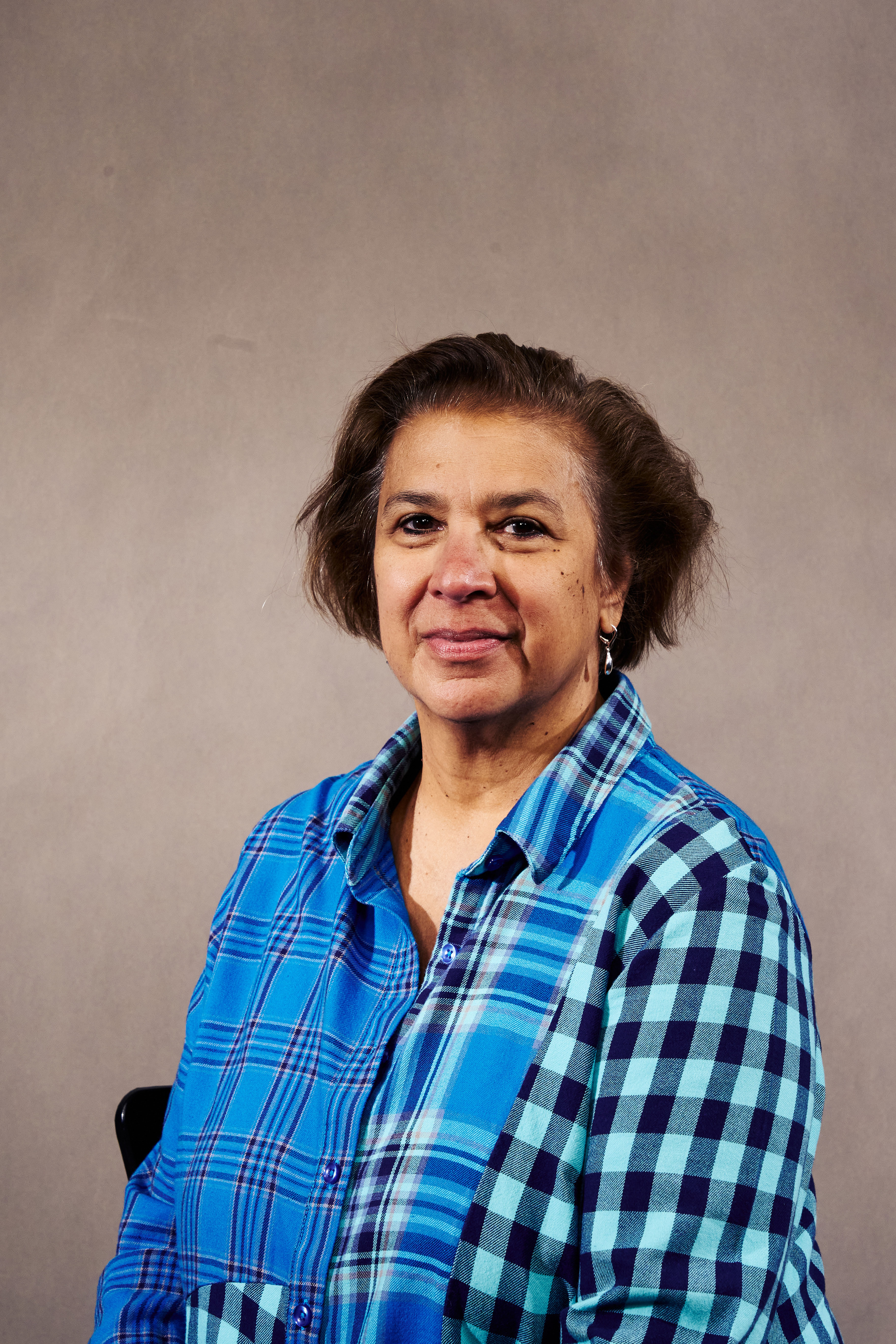Module Description
Africa will be a leading conrtinent this century (link, NYTimes 10/28/23). Its uniquely large and growing youth population, its rich mineral deposits, its new relations with a growing independent Global South, its crucial environmental strengths and challenges (with the second largest tropical forest and largest hot desert), and its strong relations with China, may put the Continent on the road to fast-track development in the next 50 years, if it can overcome the obstacles created by the imperialist countries and companies. It is already confronted with a new Scramble for Africa, reminiscent of the 1880’s. And, after witnessing several major coups last year, Africa is facing over 24 major elections in 2024. We need to understand the turbulent history of Africa –colonization, decolonization, neocolonialism; we need to see how African leaders and movements have offered unique solutions to the problems of poverty, racism, and underdevelopment; and we need to study African relations with the rest of the world, especially China. China has long-standing relationships with independent African countries; these relations have been amicable, especially since China was never involved in the colonial and imperialist exploitation of Africa. But the West is determined to sully China’s reputation in Africa through a concerted propaganda and media campaign against Chinese investments and involvement in Africa. This makes it even more important to study the relations between these two major powers (China and Africa) outside of the Western lens and in the context of a rapidly changing world.
The purpose of this class is to help develop understanding of and empathy for the challenges facing Africa, as nations compete for her minerals, her young working population, and her growing expansive markets. It aims to introduce Africa to the next generation of students in China to help strengthen African Chinese relations. To do this, we will use tools and disciplines such as history, international relations, migration and demography, and communications. But we will also do ‘field work’ by studying and interacting with local immigrant African communities and students in Shanghai and other nearby cities. We will study the work of the Confucius Societies in Africa – centered as they are at ECNU – and we will try and come up with imaginative ways to help cross-cultural understanding across difficult language barriers. Our objectives are to use history for the present. We will focus on the contemporary period, paying attention to African youth culture (music, dance, film, TikTok), African challenges to the Western world order (such as South Africa defending Palestine at the ICJ), the socialist and pan-Africanist ‘left’ in Africa, contemporary African social media and publications, and new structures and relationships such as BRICS and the Belt and Road Initiative.
Students will use methods from Africana Studies, History (historical materialism and Marxist historiography), and Communications (including the social history of ideas and a critical class analysis of media in Africa today). They will have assigned readings and films and are expected to attend all classes and participate in group discussions (25% of the grade). Written work will include small papers on the readings and films, group papers on research topics, and a final paper based on a problem chosen by the student and the Professor (50% of the grade). Students will also do extracurricular projects, such as interviewing African students in the area, and producing either oral presentations on this type of work and/or videos, Tik Toks that promote inter-cultural communication and goodwill (25% of the grade).
Course Timtable
1-12 Teaching Week,Sixth to eighth period
Introduction of Professor
Shanti Marie Singham



